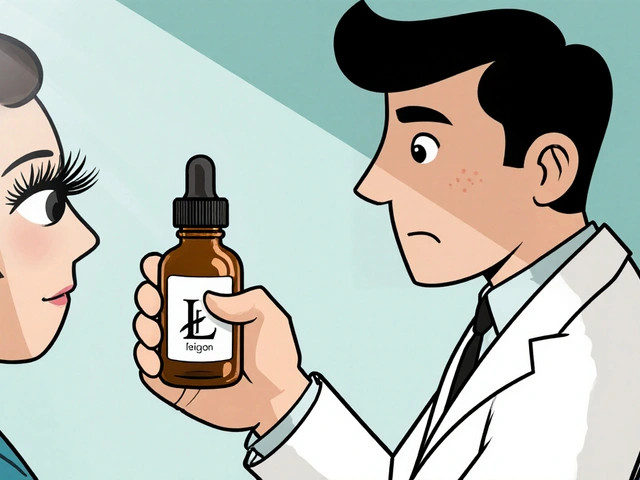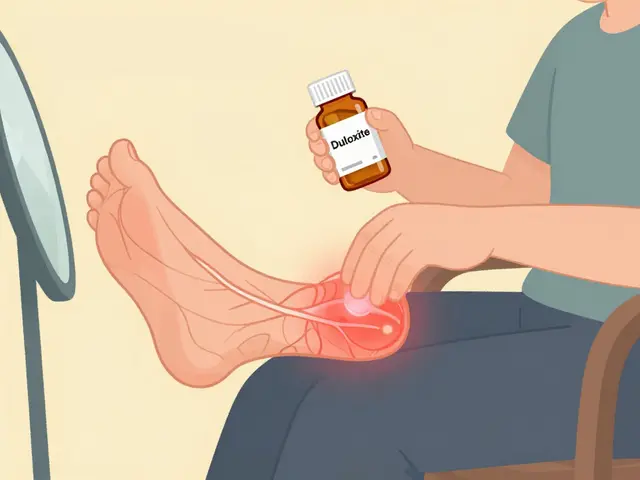Estrogen: what it does and how to handle changes
Estrogen is not just a sex hormone. It helps your bones, brain, skin and mood. When estrogen is too high or too low you may notice changes fast — weight shifts, mood swings, irregular periods, hot flashes or low libido. If you want clear steps, this tag page points to practical articles, medication guides, and safety tips so you can act, not worry.
Quick signs of estrogen imbalance
Low estrogen often shows as hot flashes, night sweats, dry vagina, fatigue, and heavier or irregular periods before menopause. High estrogen can bring bloating, breast tenderness, mood changes, and heavier bleeding. Men can get symptoms too: low libido, breast tissue growth, or mood shifts. These signs aren’t a diagnosis but they tell you when to get checked.
Simple tests your doctor may order include serum estradiol, FSH and LH. For postmenopausal bleeding they’ll usually do a pelvic exam and possibly an ultrasound. Bring a short timeline of symptoms and any meds or supplements you take — that saves time and helps the clinician spot causes like medication interactions or thyroid issues.
Safe approach to treatment
If treatment is needed, options range from lifestyle fixes to prescription hormone therapy. For menopause symptoms, low-dose local estrogen (creams or rings) often helps vaginal dryness with minimal systemic exposure. Systemic HRT (pills, patches, gels) works better for hot flashes and bone protection but carries risks like blood clots or stroke for some people. A doctor will weigh age, health history, smoking, and clot risk before prescribing.
Other medical options include SERMs (like raloxifene) or aromatase inhibitors for specific conditions. Some people try bioidentical creams — talk openly with your clinician about evidence, dosing, and monitoring. Avoid over-the-counter products that promise dramatic hormone shifts; many lack proof and some interact with prescription drugs.
Watch for red flags: sudden shortness of breath, chest pain, slurred speech, sudden calf pain or heavy unexplained bleeding. Those need urgent care. For ongoing therapy, ask your provider how often to check blood tests and when to stop or change treatment.
On this tag page you’ll find articles about medication interactions, alternatives, and supplements that touch hormone balance. Read pieces on safe online pharmacies, drug interactions, and supplements like calcium D-glucarate that some people discuss for hormone support. Use the site’s search to filter posts about HRT, menopause care, or specific drugs like estradiol or tamoxifen.
Questions to bring to your appointment: What are my test results? What symptoms should improve first? What are the realistic benefits and risks of each option? How will we monitor safety? Clear answers to these will help you pick the right plan.
If you want, browse the linked articles under this tag to learn more about treatments, side effects, and safe ways to buy medications online. Keep notes, ask direct questions, and get a second opinion if something feels off — hormones deserve careful handling.

Estrogen plays a key role in keeping bones strong, especially as women age. When estrogen levels dip, usually around menopause, the risk of osteoporosis shoots up. This article breaks down exactly how estrogen protects bones and what happens when your body makes less of it. You'll also get practical tips on bone health and learn about different options for preventing and treating osteoporosis. Everything is backed by solid science, but explained in simple language.






